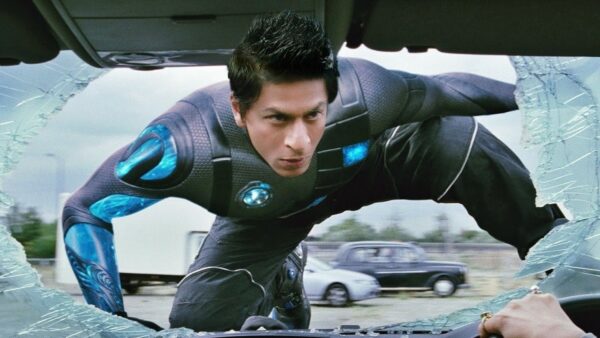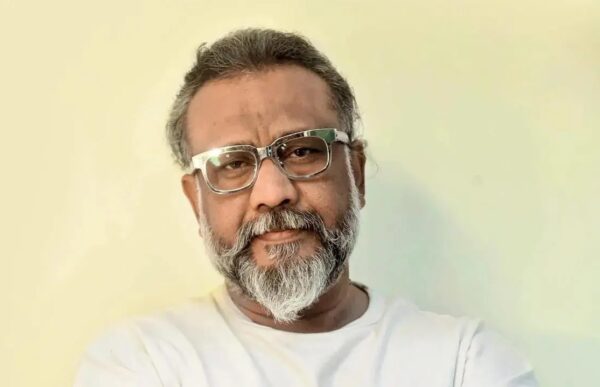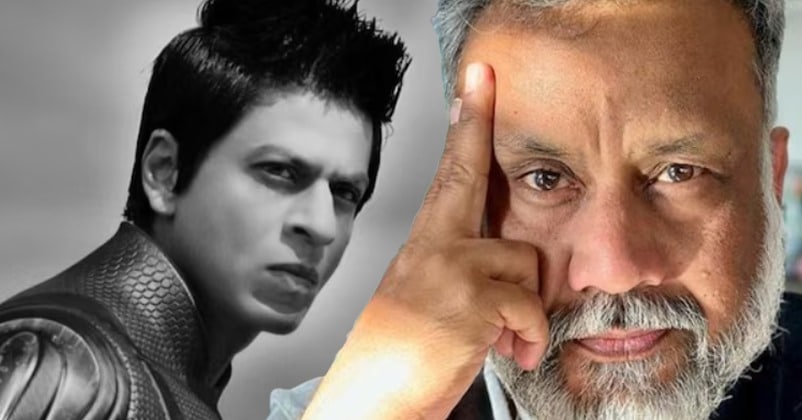Anubhav Sinha is one of the well-known directors of the present times but before he became famous for his hard-hitting, socially relevant films such as Mulk, Article 15 and Thappad, he was navigating the world of commercial Bollywood cinema. One of the most ambitious projects in that phase of his career was Ra.One, the 2011 sci-fi superhero film starring Shah Rukh Khan, Kareena Kapoor Khan and Arjun Rampal.

Despite high expectations and significant hype leading up to its release, Ra.One struggled to connect with audiences. The film’s groundbreaking use of special effects and its genre-bending approach made it a technically ambitious project but it ultimately failed to perform at the box office and was met with largely negative reviews. In retrospect, Anubhav Sinha has called Ra.One a bold attempt at creating a superhero spectacle in Indian cinema, acknowledging that while the commercial outcome was disappointing, the project was undertaken with sincerity and passion, especially by Shah Rukh Khan whom he praised for his complete commitment to the film.
In a more candid reflection during an earlier interview, Anubhav Sinha revealed the emotional toll that the backlash against Ra.One took on him. He recalled how many viewers were quick to place the blame squarely on his shoulders, largely because of the film’s association with Shah Rukh Khan.

He expressed frustration over being disliked by people who had never even met him, purely because they felt let down by the film. What stung even more was that, after the release, some well-meaning but thoughtless comments from new acquaintances implied he was not capable of making thoughtful or meaningful cinema, an identity crisis for any filmmaker who sees their work as a reflection of their inner self.
This moment of reckoning marked a turning point in Anubhav Sinha’s creative journey. The discontent he felt pushed him to realign his artistic vision, ultimately leading to Mulk, a film that tackled communal prejudice in India. But even with that shift, the road wasn’t smooth. He recalled how, despite the depth of the story, financing the project proved to be a challenge. It was not until a month into production that Deepak Mukut stepped in as co-producer, allowing the film to move forward.

Ra.One, despite its flaws and failure to meet commercial expectations, remains a significant chapter in Anubhav Sinha’s career, not just as a technical endeavor but as the catalyst for a dramatic reinvention. The experience reshaped his understanding of cinema and led him to pursue projects that resonate with his personal convictions and the social issues of contemporary India.



